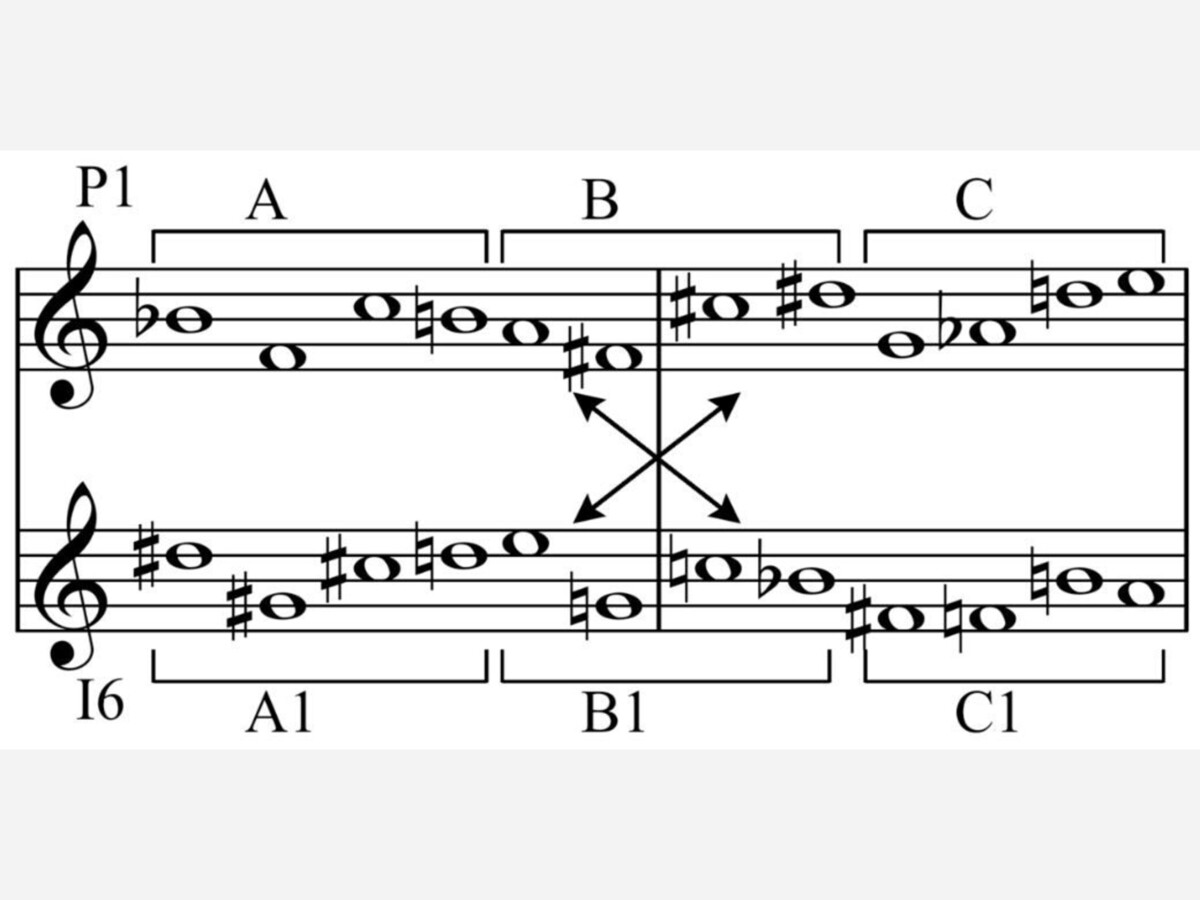Image

The March "Music at the Museum" program has been rescheduled to Sunday, March 30 at the Franklin Historical Museum. The program offers a deep (but accessible!) dive into 12-tone or serial composition -- a very influential aspect of "modern" music that emerged in Vienna about a century ago and was widely championed by composer Arnold Schoenberg. Over time, the technique increased greatly in popularity and eventually became widely influential on Mid 20th-century and later composers. The presentation will include playing some recordings, verbal discussion, and possibly some tinkling on the Trowbridge piano keys.
The "joy" of 12-tone music, or dodecaphony, lies in its unique and challenging approach to musical structure, where all 12 notes of the chromatic scale are treated as equally important, leading to a potentially more complex soundscape. Learning about 12-tone music (also known as 12-tone technique or serialism) can offer a new perspective on how music can be organized and can help you develop your creativity across different musical languages as well as your appreciation of modern pop and classical music where 12-tone has been influential.

Using all 12 notes of the chromatic scale equally, avoids the traditional emphasis on a "home" key or tonal center. Our guides are Franklin native, Randy LaRosa, a multi-instrumentalist who has played with many of the greats – even including Duke Ellington-- and took classes with 12-tone pioneer Karlheinz Stockhausen. He will be joined by Jon Mitchell, a composer (including the Franklin-premiered Opera, Mary Anning: Fossil Hunter) and retired conductor. Come to be amazed and entertained at this free event at the Franklin Historical Museum, on Sunday, March 30.
The Museum is open 1-4, the free program starts at 1:15.
The Franklin Historical Museum is located at 80 West Central Street, Franklin